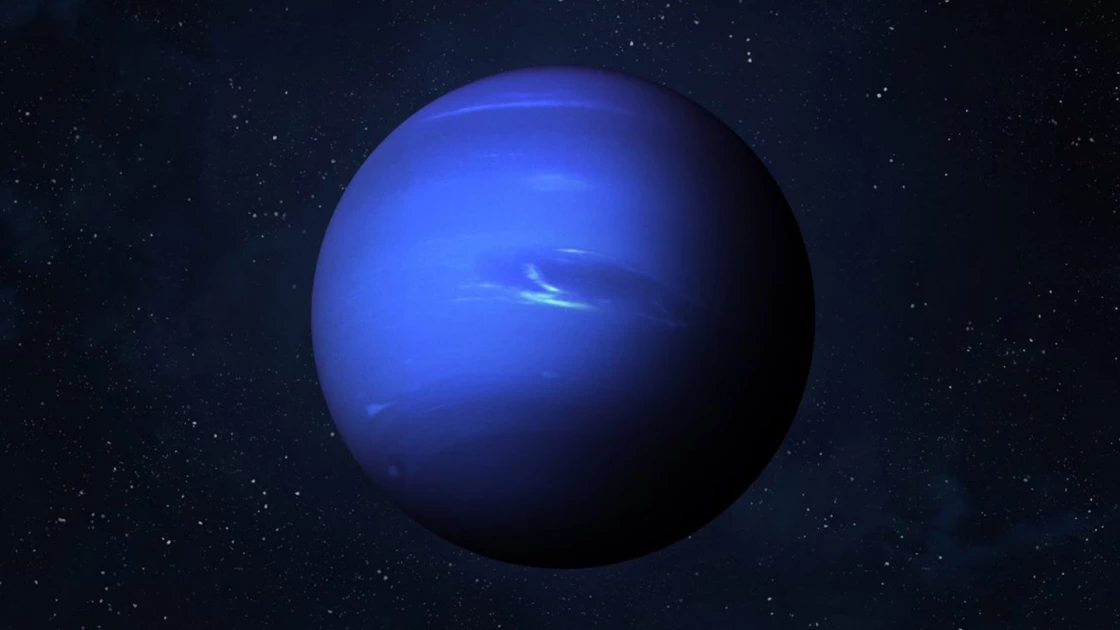
Something unusual has happened to Neptune over the past few years. The clouds we used to see in the blue atmosphere are gone. Images taken by Hubble since 1994 reveal that this is the first time something like this has happened. Scientists do not have an official explanation for this phenomenon. But they assume How does it relate to the 11-year solar activity cycle?
However, the enormous distance separating the two bodies, about 4.5 billion kilometers or 30 times the distance between Earth and the Sun, combined with the fact that Neptune receives only 1/900th of the solar radiation that Earth receives, leaves scientists dumbfounded. Now, the planet’s atmosphere has no clouds at all, with the exception of the South Pole.

Neptune is one of the farthest planets in the solar system and this makes it difficult for us to study and understand it as well as the closest planets. But the information shows a complex and dynamic atmosphere possessed by processes we do not fully understand.
The data so far shows that the cloud cover on Neptune has fluctuations that appear to be synchronized with solar activity. Every 11 years, the Sun’s poles reverse polarity, and this causes intense activity with solar flares, coronal mass ejections and sunspots. Once the poles stabilize, solar activity also decreases.
During peak activity, the sun emits more ultraviolet radiation into the solar system. The researchers, who studied the 29-year history, noticed that about two years after the strong ultraviolet radiation began, clouds appeared on Neptune. There is also a positive relationship between Neptune’s cloud cover and the amount of solar radiation it reflects.
These results show that Neptune’s cloud cover is related to the sun’s cycles. The results support the theory that the sun’s ultraviolet radiation, when strong enough, creates a photochemical reaction that results in Pluto’s clouds.
However, this theory does not explain everything. Although UV rays produce more clouds, they should darken rather than lighten clouds, which reduces their reflectance. Deep storms on Neptune affecting cloud cover should have nothing to do with photogenic clouds.
New data from the James Webb Space Telescope may give us an answer.
Research published in Icarus.
Follow Unboxholics.com at www.unboxholics.com
google news
To be the first to know the latest news about technology, video games, movies and series. Follow Unboxholics.com at www.unboxholics.com FacebookAnd TwitterAnd
InstagramAnd Spotify
And Tik Tok.

“Avid problem solver. Extreme social media junkie. Beer buff. Coffee guru. Internet geek. Travel ninja.”






More Stories
In Greece Porsche 911 50th Anniversary – How much does it cost?
PS Plus: With a free Harry Potter game, the new season begins on the service
Sony set to unveil PS5 Pro before holiday season – Playstation